
Depending on what part of the world you live, it is inevitable that snowy weather is on the way. Having grown up near the snow belts of the Great Lakes, I have seen my share of some of the worst snowstorms and blizzards Mother Nature has to offer. If you enjoy skiing or sledding, this may sound like a paradise to you. However, after the snow falls, you must also have a method of removing it from your driveway if you want to pull your vehicle in and out without getting stuck. If you decided not to hire a snowplow this year to clear your driveway, using a snow blower may be your best bet to remove the snow quickly and with the least amount of wear and tear on your body. However, a snow blower is a pretty heavy-duty piece of machinery, and it is important to operate it safely and effectively.
How to Avoid Disaster While Using a Snow Blower
A few years back, while I was attending a wedding, I received a phone call that a family member had an accident using a snow blower. While he was using his snow blower, it stopped and became clogged. He turned off the snow blower (so he thought) and was reaching inside to unclog it, and that is when disaster struck. Once he removed the clog, the auger began to unwind, and his hand got stuck inside of the snow blower. It took a while for him to wave down a passing car to call an ambulance, and they were able to get him unstuck. Unfortunately, as a result, he has permanent nerve damage in his hand. This could have all been avoided, and ever since this happened, I felt like it was my duty to spread the word and prevent this from happening to anyone else.
First things first, before even operating the snow blower, make sure you read the instruction manual. This will help you ensure you are running the snow blower safely and properly as it is intended. Once you feel confident that you have gained enough knowledge from the instruction manual, you can now operate your snow blower. Below are some helpful tips when you begin snow blowing.
- Ensure that you wear the appropriate Personnel Protective Equipment (PPE): gloves, protective goggles, sturdy, non-skid boots, and hearing protection.
- Inspect the area in which you are going to clear snow.
- Remove debris and other obstacles the snow blower might strike or throw, as they may cause injury or damage to the snow blower.
- Stay focused while snow blowing; do not drink alcohol or use drugs before using your snow blower.
- If you hit an obstacle while operating the snow blower, stop the engine immediately and check for damage.
- When being moved or picked up, the snow blower should be turned off, spark plug disconnected, and unplugged. Do not try to lift the machine from the bottom, even if it’s not running. The blades are sharp enough to cause serious injury.
- Never allow children to operate or be near the machine while in use.
- Never run the engine in an enclosed or confined area. Exhaust contains poisonous carbon monoxide gas. Exposure can cause loss of consciousness and may lead to death.
The most important thing I can stress here is if your snow blower is clogged, NEVER put your hand anywhere near the snow blower while it is running. In fact, after you turn off the engine, you should wait a minute before you even attempt to clear the clog. It’s a good rule of thumb to use a wooden stick or object to remove any type of clog within the snow blower. You should never assume you are safe just because the snow blower is powered off. And as always, stay safe out there!
Sources:
https://www.assh.org/handcare/safety/snow-blower
Stay up to date and sign up for our newsletter!
We have all the products, services and training you need to ensure your staff is properly trained and informed.
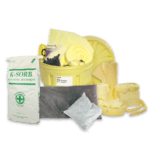 Absorbents & Cushions |
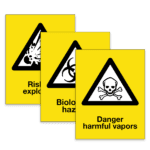 Custom or Stock Signs |
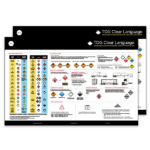 Regulatory Posters & Charts |

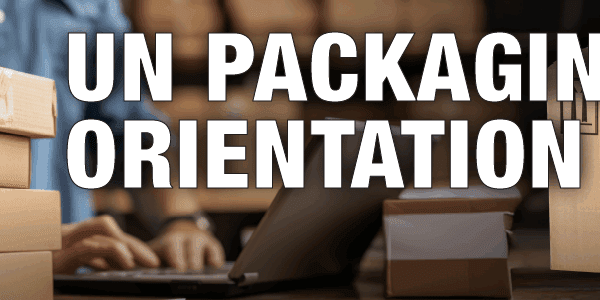
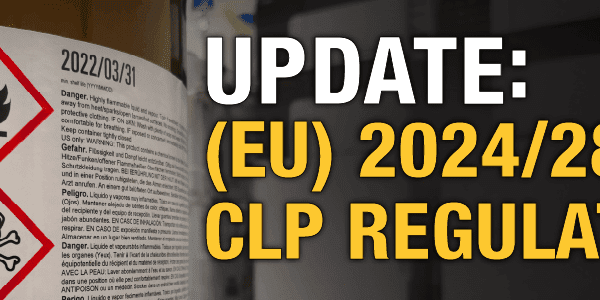
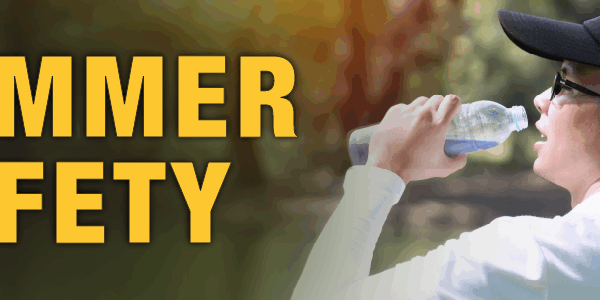


 ICC USA
ICC USA ICC Canada
ICC Canada